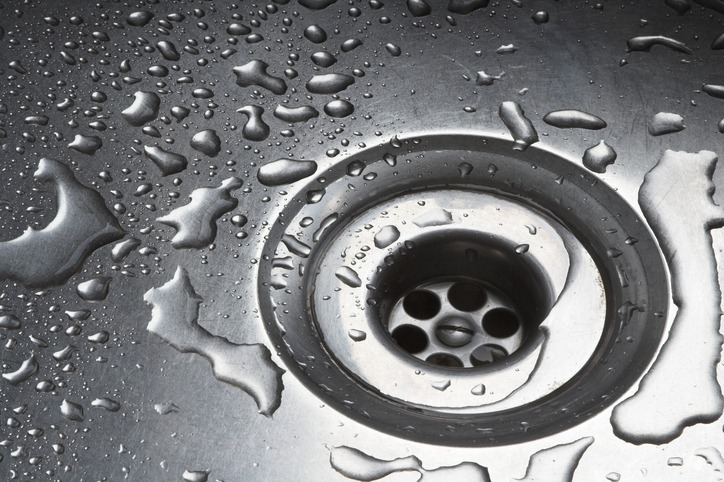Having a clogged sink can completely halt any productivity and organization in a household where household drain cleaning solutions do not work. Dishes will pile up needlessly, and dirty water can come up from the drain, making for an all-around unsightly kitchen view. When you hire a plumbing professional to help you, they typically work hard to take utmost care to avoid clogging. Sometimes, the clogging can persist despite the best efforts to remedy the situation. Without the proper resources, oil, dirt, dust, or small food particles can also block the drain without being seen at first glance. If these types of clogs happen, you could have very little choice except to hire professionals for much-needed repairs.
Find out what the most common culprits of a clogged sink are and how they can be avoided.
Liquid
When professional plumbers tend to your clogging issues, many will expect to find a slew of all food waste that usually comes from placing plates and utensils in the sink with food still on them. However, a homeowner often will not think of liquids as an element that will harm your drain. But you will be surprised to know that these are the culprits that can cause your sink to get quickly clogged. When you dump liquid in the sink, there can be fats within the liquids that will harden over time and cause blockage. More importantly, they will attract other food particles that aggravate the condition. Hence, think twice when you have oils, grease, or similar things on your utensils and remove them to avoid clogging.
Hair
Another culprit that will clog your drains is your hair. You are more likely to contribute to these clogged conditions when you have long hair, where more strands are more likely to naturally fall from your scalp each day, with curly hair being particularly known to come off your scalp. In addition, the tangled hair will attract other dust particles and hair, and you will experience clogging. However, you can prevent this situation by using a drain cover. You will find the drain cover in any hardware store, and you can also have small wire covers to prevent hair from entering the drain. These items are inexpensive, and you can replace them whenever you find them covered with hair, and you can also clean and reuse them.
Starches & Coffee Grounds
Starches are common reasons behind a clogged sink. You might not have noticed beans, rice, pasta, and potatoes entering your kitchen sink as you place plates in the sink after supper, but these particles can cause major clogging problems. The reason is that scratches will expand when exposed to liquid. Water exposure will create a paste-like substance leading to clogging. You can dispose of starches in the appropriate bin to avoid such clogging. The same applies to the coffee grounds. When coffee grounds come into contact with water, they become heavy and cause blockage in your kitchen sink. There are many ways to use coffee grounds instead of throwing them in the sink, such as mixing coffee grounds in your compost or sprinkling them on the soil to lower soil pH. You can consider this when you have acid-loving plants, including roses.
Food Scraps
All the waste food should go into its proper placement, such as the compost, wherever possible. Otherwise, the bits and pieces of your food scraps can cause sink clogging. However, you will have to avoid stingy foods, including celery, in the disposal since they can cause wrapping around the blades. More so, fruit pits, bones, and egg shells are firm and cannot go to your disposal bin. You can dispose of food scraps based on the type.
Soap Residue
Surprisingly, unbeknownst to many homeowners, sink clogs can be caused by soap residue. The soap residue will become calcified over weeks and months, resulting in blockage in your drain. Bar soaps are common culprits of this type of blockage and can be avoided when you use alternative liquid soaps.
Minerals
You can also experience clogging when your water has more minerals. It is noteworthy that hard water will have more minerals that will build up over time, leading to blockage in your drain system. While having this issue from minerals, you can consider installing a water softener. It will maintain the mineral level in the water and minimize the possibility of clogging. Otherwise, you will have to hire a local professional regularly for drain cleaning. You will spend more if you ignore this condition for a long time.
Conclusion
You can address most of these issues and avoid repair and replacement costs. Good cleaning habits and regular maintenance will boost the efficiency of your sink and prevent further damage.

